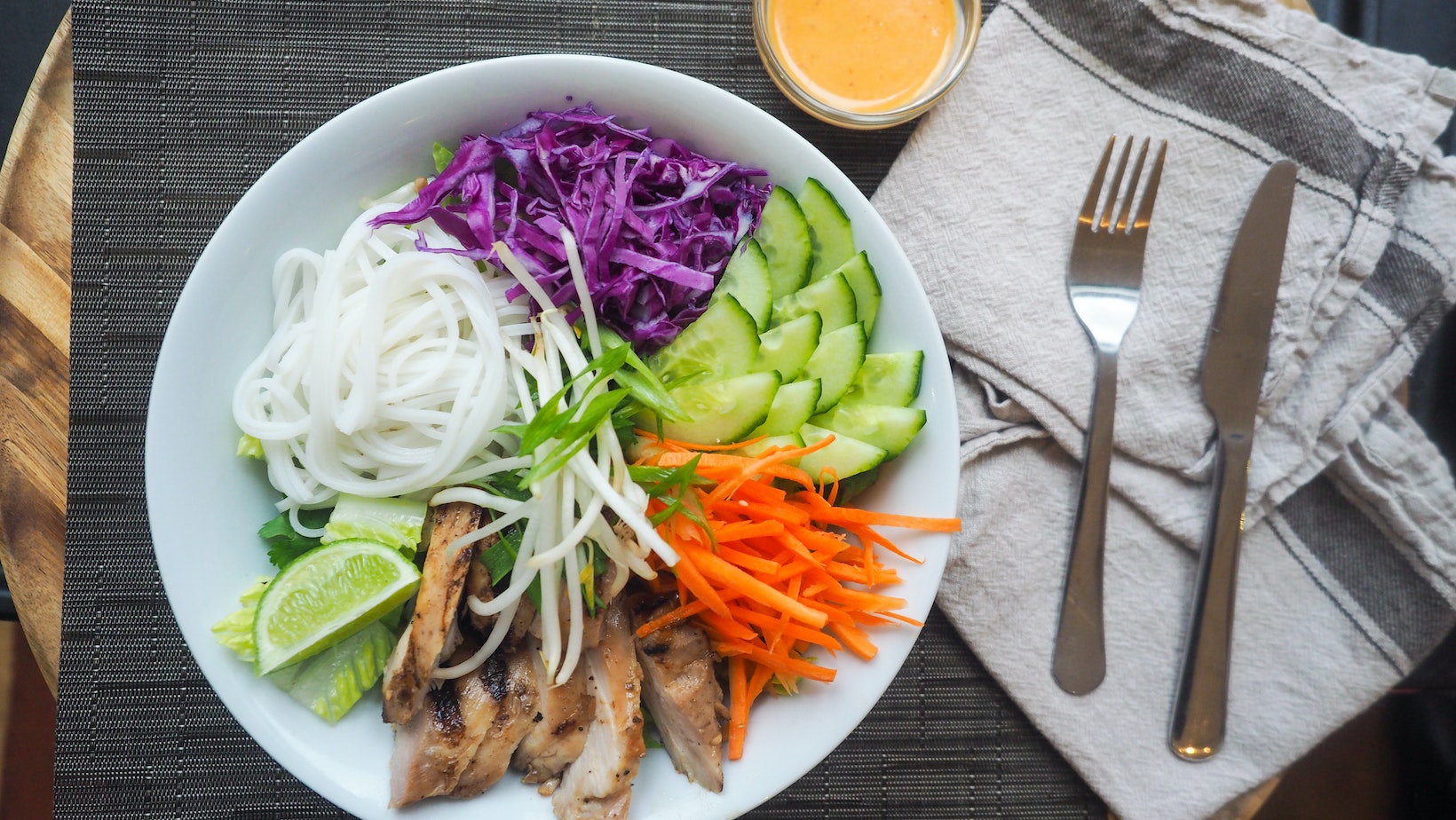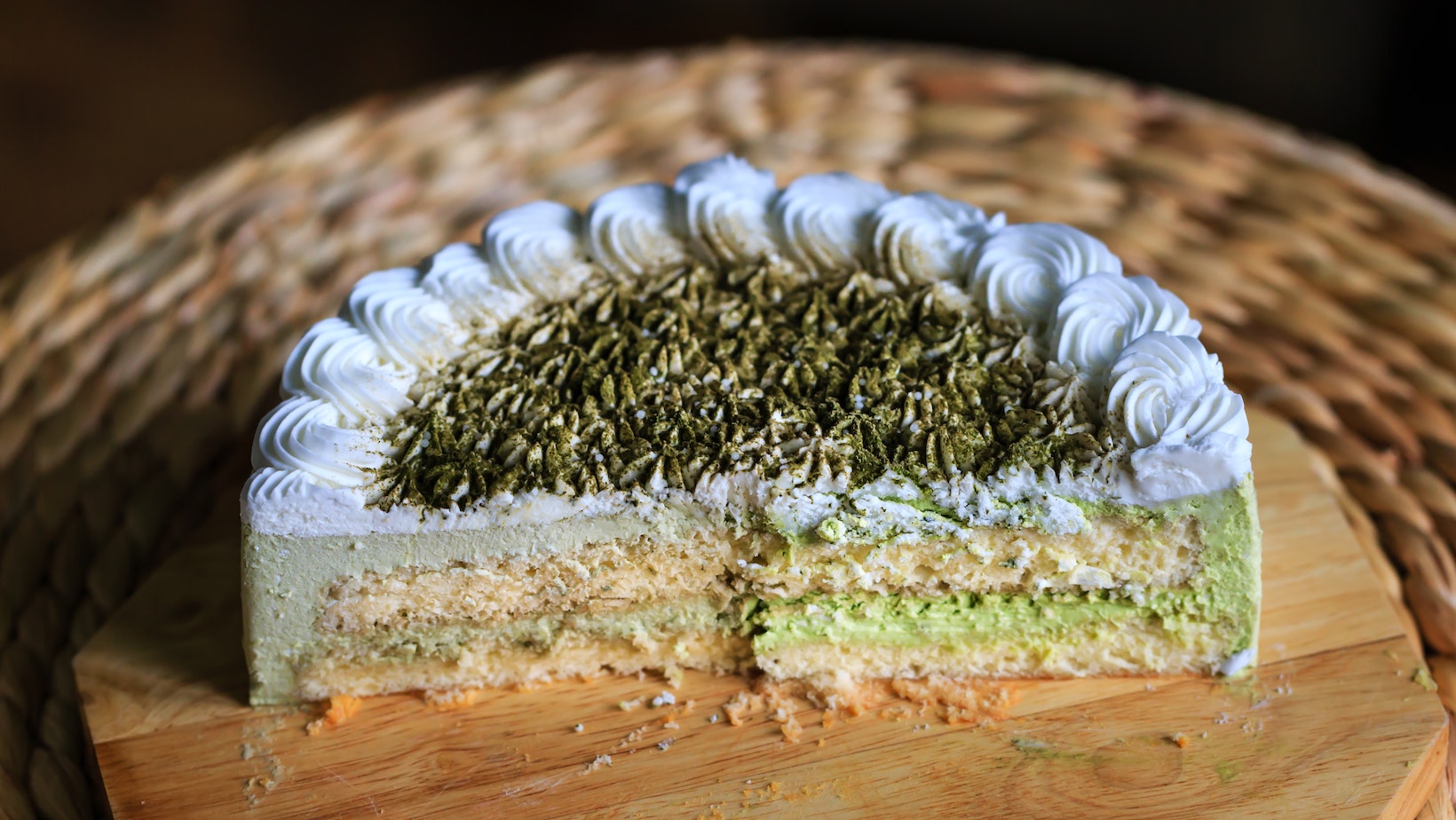
Are you a runner looking to optimize your performance and fuel your body with the right nutrients? Look no further than the keto diet. Keto for runners is gaining popularity as a way to enhance endurance, improve fat burning, and boost overall athletic performance.
Keto for Runners
As a runner following a keto diet, it’s important to understand how to properly fuel your runs while maintaining ketosis. While traditional endurance athletes often rely on carbohydrates for energy, keto runners have the unique challenge of tapping into their fat stores as fuel. In this section, I’ll discuss the best sources of fuel for keto runners, timing your meals and snacks on a keto diet, and hydration tips to optimize your performance.
Best Sources of Fuel for Keto Runners
When it comes to fueling your runs on a keto diet, fats should be your primary source of energy. Healthy fats such as avocados, nuts and seeds, coconut oil, olive oil, and fatty fish like salmon provide long-lasting energy without spiking blood sugar levels. Incorporating these foods into your pre-run meal or snack can help sustain you throughout your run.
In addition to fats, moderate protein intake is also important for muscle repair and recovery. Opt for lean protein sources like chicken breast or tofu that won’t weigh you down during exercise. Remember that excessive protein consumption can kick you out of ketosis.
Another key aspect of fueling as a keto runner is strategic carbohydrate intake. While it may seem counterintuitive since carbs are typically limited on a ketogenic diet, consuming small amounts before or after intense workouts can replenish glycogen stores without disrupting ketosis. Choose nutrient-dense carbs such as sweet potatoes or berries instead of processed options like sugary drinks or white bread.
Timing Your Meals and Snacks on a Keto Diet
Timing your meals and snacks properly is crucial when running on a keto diet. Eating too close to exercise may cause digestive discomfort while going too long without eating can leave you feeling depleted mid-run.
For longer runs (90 minutes or more), consider having a small snack about 30 minutes prior to starting. This could be something like almonds or nut butter with celery sticks. During the run, you can fuel with keto-friendly options like electrolyte drinks or gels specifically designed for low-carb athletes.
After your workout, prioritize replenishing your body with a balanced meal containing healthy fats, proteins, and some carbohydrates to aid in recovery and muscle repair. This could be a salad with grilled chicken and avocado or a salmon fillet with roasted vegetables.
Hydration Tips for Keto Runners
Proper hydration is essential for all runners, including those on a keto diet. When following a ketogenic lifestyle, your body tends to excrete more water due to lower insulin levels. To stay hydrated during your runs:
- Drink water consistently throughout the day to maintain hydration levels.
- Consider adding electrolytes to your water or consuming beverages specifically formulated for keto athletes.
- Pay attention to signs of dehydration such as thirst, dry mouth, dark urine, or fatigue.
It’s important to note that each runner is different, so finding what works best for you may require some experimentation and adjustments. Listen to your body’s cues and consult with a healthcare professional or registered dietitian who specializes in sports nutrition if needed.
Importance of Electrolyte Balance
When following a keto diet as a runner, maintaining proper hydration becomes even more crucial. On a ketogenic diet, the body has limited access to its glycogen stores and relies primarily on fat for fuel. This metabolic shift can result in increased water loss and electrolyte depletion during exercise.
Electrolytes play a vital role in regulating fluid balance, muscle function, and nerve transmission. Sodium, potassium, magnesium, and calcium are key electrolytes that need to be replenished regularly. Inadequate electrolyte levels can lead to muscle cramps, fatigue, dizziness, and poor performance.
To ensure optimal electrolyte balance while running on a keto diet:
- Consume sodium-rich foods: Include foods like pickles, olives, bone broth, or add a pinch of salt to your pre-run meals or snacks.
- Incorporate potassium sources: Avocados and leafy greens like spinach are excellent sources of potassium.
- Consider magnesium supplementation: Magnesium plays a crucial role in muscle relaxation and can help prevent cramps. Consult with your healthcare provider before starting any supplements.
Remember that individual hydration needs may vary based on factors such as climate, intensity of exercise, and personal sweat rates. It’s important to listen to your body’s cues and adjust your fluid intake accordingly.

